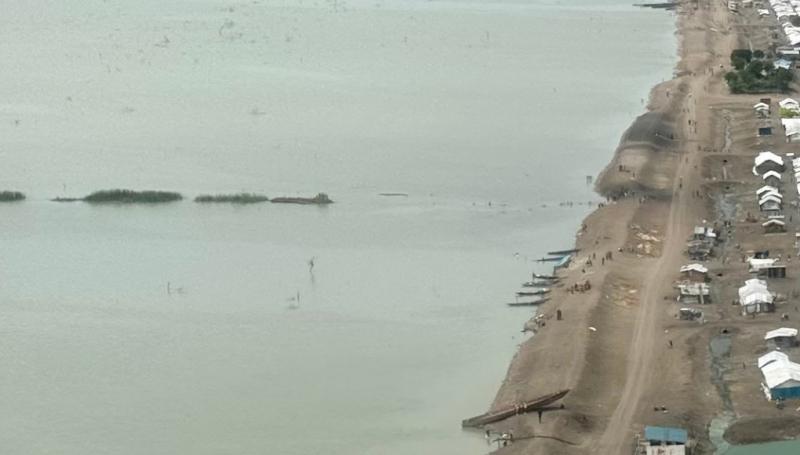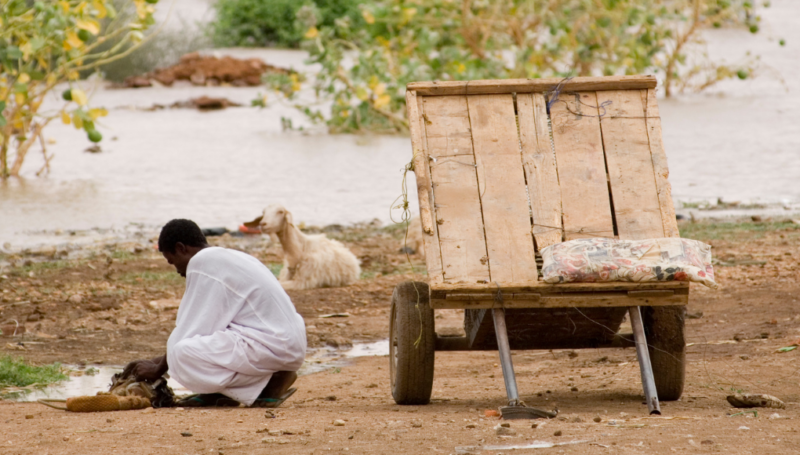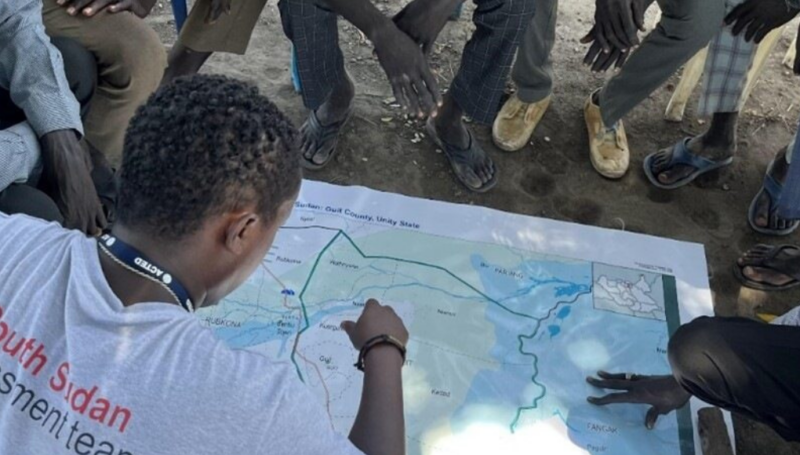The latest Integrated Public Health Rapid Assessment provides a sobering look into the living conditions of internally displaced persons (IDPs) in Twic County, Warrap State, South Sudan. Conducted in April 2024, the assessment unveils severe issues in health, nutrition, and food security. Despite being close to a well-established humanitarian presence, many residents face catastrophic hunger levels and insufficient cash assistance. As the IDP population swells and resources dwindle, the urgent need for robust humanitarian interventions becomes clear.
Key Findings
Catastrophic Hunger Levels
Residents are facing catastrophic hunger levels, with many experiencing IPC Phase 5 Acute Food Insecurity (AFI) – the most severe stage. A recent assessment found 11% of households with a “very severe” Household Hunger Score and 38% with “poor” food consumption levels. This is alarming, especially given their proximity to a well-established humanitarian presence, indicating significant resource constraints.
Insufficient Humanitarian Cash Assistance
Residents reported that humanitarian cash assistance, paused from August 2023 to April 2024, was only enough for two meals a day for one week. The assistance did not account for rampant inflation; the cost of a basic food basket more than doubled in Twic markets between January and April 2024. The monthly cash assistance of 8,400 South Sudanese Pounds per person only sufficed for a six-person household to eat two meals a day for a week. With heavy reliance on food aid and limited alternative livelihoods, the scheduled end of food assistance in August poses severe health and wellbeing risks.
Surging IDP Population and Resource Depletion
The IDP population has surged from around 40,000 in 2022 to over 75,000 in early 2024. This increase has led to the overutilization of wild foods and market saturation with firewood. Participation in self-sustaining livelihoods is low, with only 20% of households supplementing their diets by fishing.
Critical Shelter Needs
Shelter is another critical issue. Residents have not received shelter materials since 2022, leaving many shelters visibly damaged and exposed to the elements. There is growing concern about the upcoming rainy season.
For more detailed insights and actionable recommendations, please read the full report here: REACH-SSD-Integrated-Public-Health-Rapid-Assessment_Twic_April2024.pdf (impact-initiatives.org)









